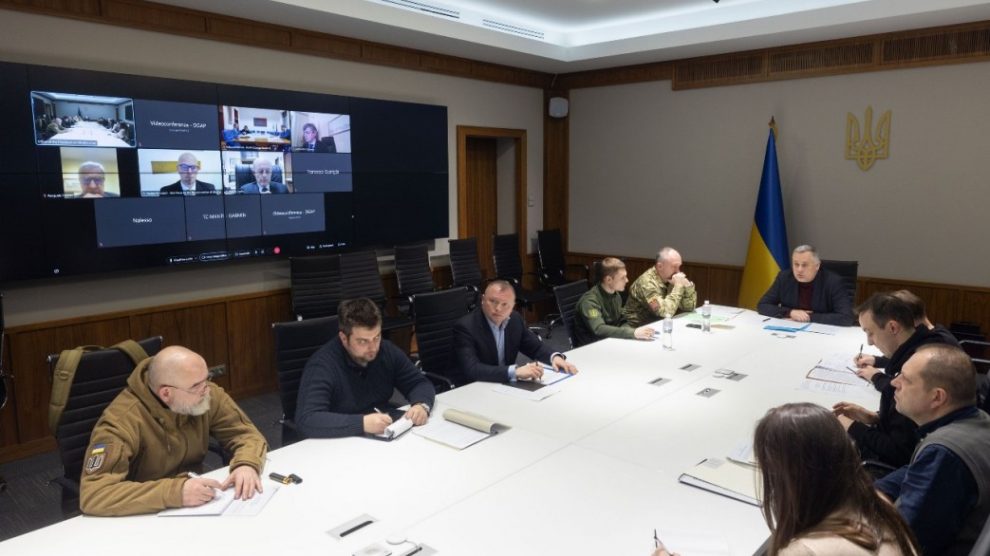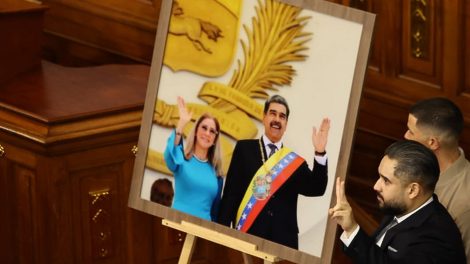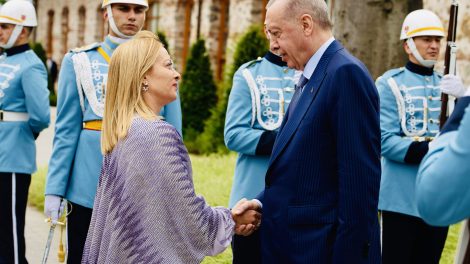Italy begins security talks with Ukraine. On Tuesday, Kyiv’s Presidential Office confirmed that it had started negotiating on a bilateral defence-related agreement with Rome. The effort falls under the G-7 Joint Declaration of Support for Ukraine and makes Italy the latest of the 30-odd countries working to offer security guarantees – in the form of explicit and long-lasting obligations.
- At the Vilnius NATO Summit in July, G-7 countries had vowed to bolster Kyiv’s protection from Moscow’s war of aggression (and work on sanctions, financial aid and rebuilding the country) through bilateral deals, until NATO’s defence umbrella covers Ukraine.
- As it will hold the Group’s rotating chairmanship in 2024, Rome is marking its intention to keep the focus on Ukraine and “play a leading role, including on the issue of reconstruction,” as Italian Prime Minister Giorgia Meloni had announced back then.
Forging a closer partnership. “We appreciate the significant contribution of our Italian friends to defending Ukraine and bringing our common victory closer,” said Ihor Zhovkva, the deputy head of President Volodymyr Zelensky’s Office who leads the Ukrainian negotiation team. Acknowledging Italy’s upcoming G-7 chairmanship, he noted that the country’s security guarantees “will be an important step towards our country’s membership [of] the European Union and NATO.”
- Meanwhile, the European Union has also presented member states with a plan to guarantee Ukraine’s long-term security obligations, which will act as the basis for consultations between Kyiv and EU member countries. The bloc’s leaders are slated to discuss it in December.
Behind the headlines: the virtual meeting confirmed Italy’s support for Ukraine, which is embodied by its practical – through weapons delivery – and diplomatic support. However, it should be noted that these security guarantees are political in nature: the parties talked about identifying the forms of support in the medium-long term, considering Ukraine’s Euro-Atlantic path, and do not entail any new armaments.
- The Italian delegation included Alessandro Cattaneo, Deputy Diplomatic Advisor at the Prime Minister Office’s; Pasquale Ferrara, Director-General for Political Affairs and International Security at the Italian Ministry of Foreign Affairs; Ludovico Serra, Head of Unit for Russia, Eastern Europe, Caucasus and Central Asia at the MFA’s Directorate-General for Political Affairs and Security.





